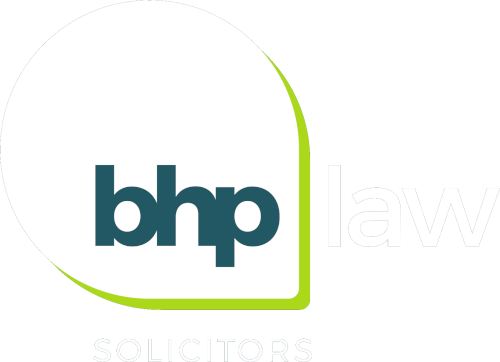21st April 2023

Section 3(1) of the Children Act 1989 defines parental responsibility, often abbreviated to ‘PR’, as all the rights, duties, powers, responsibilities, and authority which a parent has in relation to the child by law. It is very important to note that this confers not only rights over the child but also responsibilities. Parental responsibility continues until the child reaches adulthood.
More than one person can have parental responsibility for a child. It is not possible to transfer or surrender PR, but there are ways in which a person can gain PR.
- Married parents both have PR for the child.
- If unmarried, only the mother of the child automatically has PR.
- An unmarried father can obtain PR by being registered on the child’s birth certificate. This change came into effect on 1st December 2003, and all children born prior to this will now be adults.
- An unmarried father can enter into a Parental Responsibility Agreement with the mother.
- An unmarried father can apply to the Court for a Parental Responsibility Order.
- An unmarried father can be appointed as guardian by the mother or the Court if the mother dies.
- If an unmarried father is named in a Child Arrangements Order as having the child living with them, then the father has PR while that order remains in place.
Persons who are not the parents of a child can also gain PR for the child.
- A Local Authority may obtain PR for a child if a Care Order is granted, the Local Authority holds PR while that order remains in place.
- A person who is not a parent may also be named in a Child Arrangements Order as having the child living with them, and they will have PR while that order is in place.
- A person who is not a parent may also gain overriding parental responsibility by being named as the child’s Special Guardian in a Court order. This means that they share parental responsibility with the parent(s), but that they have the final say on matters while that order remains in place.
- Step-parents can also obtain PR under a Step-Parent Parental Responsibility Agreement.
- Second female parents can also obtain PR for a child under the Human Fertilisation and Embryology Act 2008.
Can PR be taken away?
If a child is placed for adoption, then the birth parents will lose parental responsibility for the child, as the link with the child’s birth family is ended.
Unmarried fathers or second female parents who have PR through an order, agreement, or registration on the birth certificate can lose PR by order of the Court. In Re P (Terminating Parental Responsibility) [1995] 1 FLR 1048 the Court ended PR due to the father inflicting serious injury on the child. This is an extreme order to make.
A common mistake, which often comes from American TV shows, is wanting “full custody” due to not wishing for the other parent to play a part in the child’s life. Agreements can be reached regarding the care of a child and Court proceedings for a Child Arrangements Order, Specific Issue Order or Prohibited Steps Order can be initiated in the UK, but parental responsibility is the correct law and terminology for rights and responsibilities regarding the child in the UK.
In theory, a person with PR for a child can act without consulting others. There are some exceptions – for example, you cannot unilaterally change a child’s surname or remove the child from the United Kingdom without consent of the others holding PR for the child or an order of the Court. A person with PR has the right to be consulted on schooling, and they also have a say in the child’s religious upbringing.
Our Family Law team has extensive knowledge in advising parents, grandparents, and extended family members in respect of parental responsibility and members of our team are happy to answer any of your questions. If you wish to discuss matters further, please do not hesitate to contact our Family team on 01325 466794.

